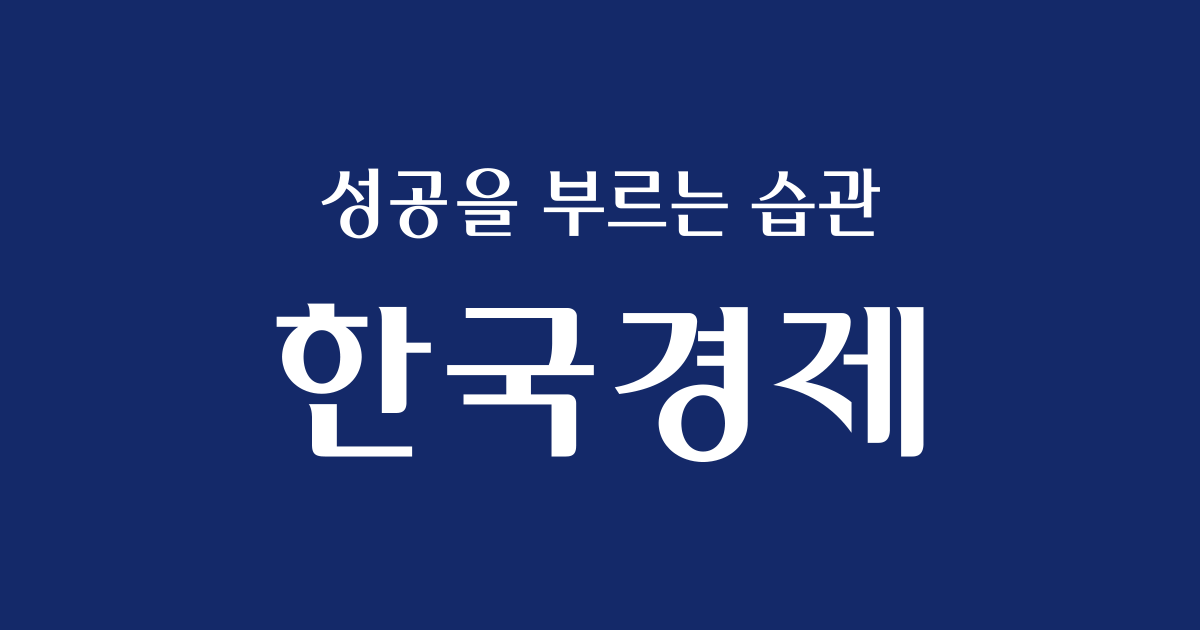When the new coronavirus infection (Corona 19) spread into a pandemic (a pandemic) in March last year, countries lowered their benchmark interest rates to zero and released large amounts of funds. It was an unavoidable measure to prevent the economy from sinking rapidly. However, in the aftermath, there was a side effect of soaring asset prices such as stocks and real estate. While the asset market is booming, the real economy is still experiencing a cold disparity even into the new year. Some are raising the possibility of a’second shock’ as the asset bubble will extinguish if Corona 19 slows down and central banks in each country recover liquidity.

Liquid flood… 4200 trillion won increase in the US
As a result of analyzing statistics of the International Monetary Fund (IMF) and central banks in major countries, the Korea Economic Daily reported that the amount of money in a broad sense (M2) increased by 7350 trillion won in the United States, Eurozone (19 countries using euros), Japan and Korea last year. It is the largest ever. M2 refers to a broader monetary index including short-term financial products such as cash and demand deposits, deposits with deposits and deposits for less than two years.
In response to the Corona 19 shock, central banks in each country lowered their benchmark interest rates to an all-time low, and at the same time poured liquidity into the market by buying bonds. Korea’s M2 at the end of last year was 3199 trillion 8357 billion won, an increase of 286 trillion2261 billion won (9.8%) from the end of 2019. It is the highest after 1960 when statistics were written based on the increase. This is the effect of the Bank of Korea’s dropping its benchmark interest rate from 1.25% a year in March last year to a record low of 0.50% a year in May. The supply of 79 trillion won to the market, such as buying government bonds from March last year, also affected.
In March last year, the U.S. cut its benchmark interest rate from 1.50 to 1.75% per annum twice, lowering it to 0 to 0.25% per annum. At the same time, quantitative easing was implemented and nine liquidity purchase mechanisms were established to buy government bonds and supply dollars to the market. At the end of last year, the US M2 amounted to 19,289.8 billion dollars, up 24.9% (4,8542 billion dollars, about 4200 trillion won) from the end of the previous year.
The eurozone, which has maintained a zero interest rate since March 2016, responded with quantitative easing immediately after Corona 19. As a result of supplying 1.35 trillion euros (approximately 1,800 trillion won) to the market through the Asset Purchase Program (AAA) since March last year, M2 reached 14,492 trillion euros at the end of last year, 11.5% (1,496.5 billion dollars, about 2000) Jo Won) blew. Japan’s M2 increase last year was 82.1 trillion yen (about 870 trillion won).
The stock market overheated, the game was so fast
Liquidity, which has grown like a flood, is flowing only into the asset market. Based on the’liquidity market’, stock markets around the world are changing their all-time highs. The US NASDAQ Index jumped 43.6% last year alone. Tech stocks such as Tesla (743.3%), Nvidia (121.9%) and Apple (80.7%) surged last year. Last year, the Korean KOSPI index jumped 30.8% and the Japanese stock market jumped 16.5%. Lost liquidity also boosted raw material prices. Copper (41.6%), beans (39.5%), and gold (16.4%) continued their high streak last year.
Korean apartment prices have also skyrocketed. According to KB Real Estate, the average sale price of apartments in Seoul in December of last year was 4,033 million won per 3.3 square meter, up 20.3% (681 million won) from December 2019 (3352 million won).
Increased liquidity boosted asset prices, but the real economy froze. Korea (-1.0%), the US (-3.5%), the eurozone (-6.8%), and Japan (-4.8%) recorded negative growth. Each country plans to continue its’mitigation policy’ for the time being. The financial authorities are planning to extend the end of the deferral measure for loan principal and interest worth 115 trillion won from the end of March to the end of September this year.
However, experts suggested that in the process of overcoming Corona 19, industrial structural reform and regulatory reform should be promoted. In-ho Lee, a professor of economics at Seoul National University, said, “The so-called’cleaning effect’, which is rapidly progressing in industrial restructuring, must be promoted.” “The government must create an environment in which companies can invest and do business, and strengthen market functions by removing regulations.” Said.
It is evaluated that measures to improve the productivity of companies are also necessary. BOK Governor Lee Ju-yeol emphasized last month, “Efforts to increase corporate competitiveness and profitability are needed.”
Reporter Kim Ik-hwan [email protected]
